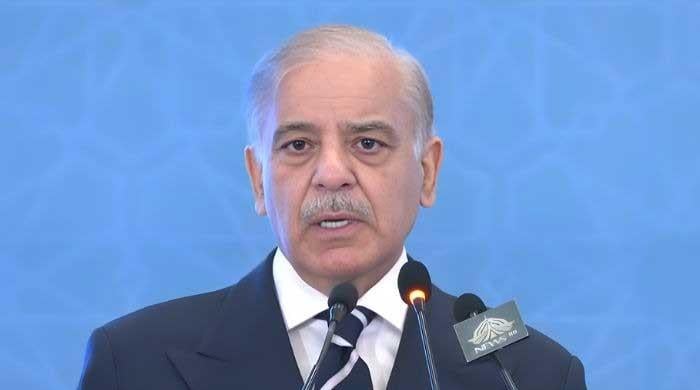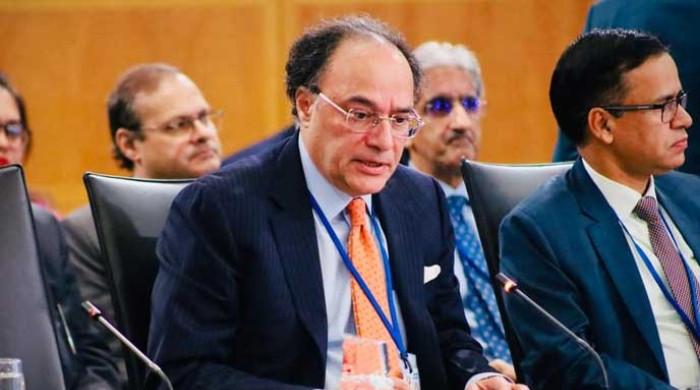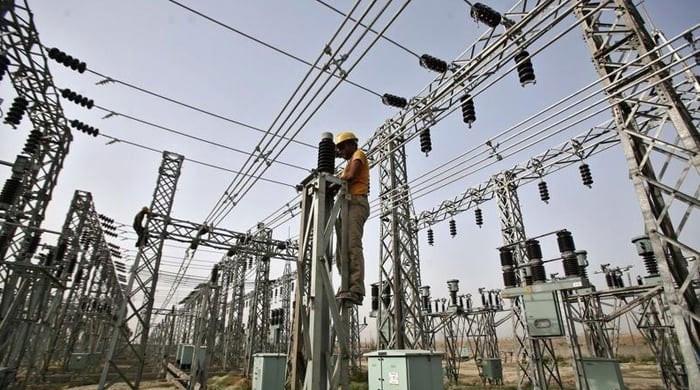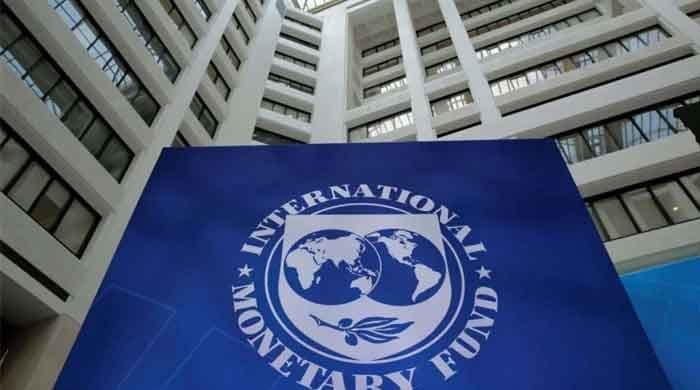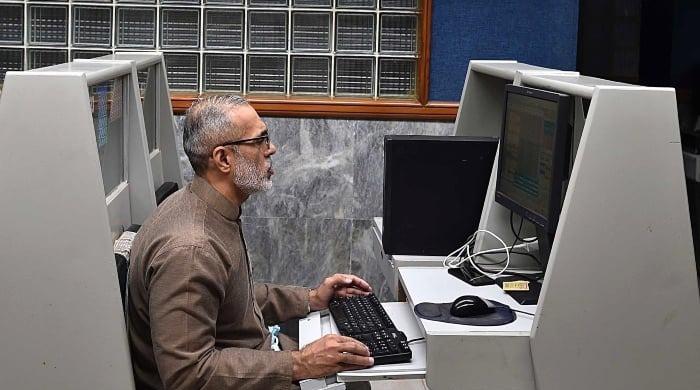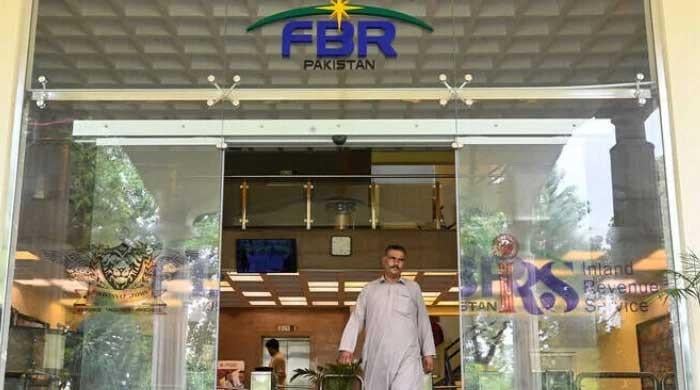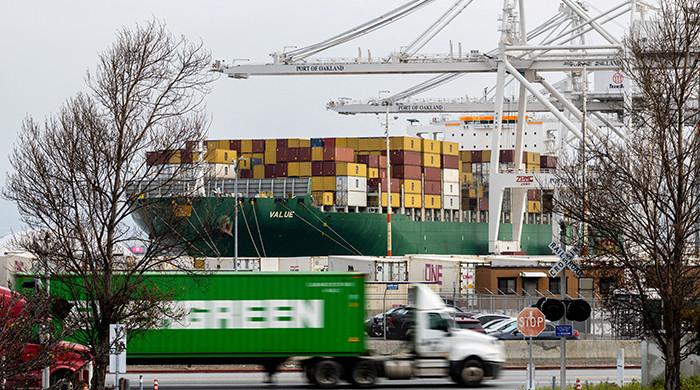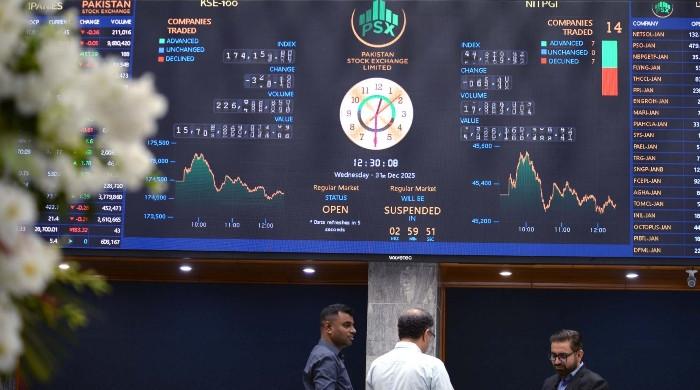Online shopping may soon be taxed as govt looks to broaden revenue base
Govt exploring options to bring e-commerce into tax net in upcoming budget 2025-26
May 14, 2025

- IMF talks focus on spending cuts, higher tax revenues.
- Online shopping seen as key untapped tax revenue source.
- FBR may mandate platforms to collect, deposit sales tax.
ISLAMABAD: The government is considering various measures to bring e-commerce under the tax umbrella in the upcoming 2025–26 budget, aiming to tap into the rapidly growing digital retail sector, The News reported on Tuesday.
Officials are evaluating multiple approaches to increase revenue from online shopping, which has become a routine part of consumer behavior, particularly among middle and upper-income households in the country’s major urban centers.
The Federal Board of Revenue (FBR) is contemplating options to impose general sales tax (GST) with provision to allow deduction of 3% tax from the customer by the deliverer on cash delivery on behalf of the FBR, which will be deposited into the national kitty. The remaining 15% GST may be collected by the manufacturer and incorporated into the cost of the product.
Pakistan and the International Monetary Fund (IMF) will kick-start virtual talks from Wednesday (today) to finalise the upcoming budget 2025-26, including curtailing the expenditure and jacking up tax revenues in a bid to restrict the budget deficit aligned with the IMF target of 5.1% of GDP for the next fiscal year.
Different governments of the country have failed to bring millions of retailers into the effective tax net despite making efforts in the past, and the incumbent regime met with the same failure as its Tajir Dost Scheme could not lure retailers to come into the tax net. Now online shopping has been identified as another area that can be brought into the tax net.
The FBR is also considering proposals to expand the tax net through the purchase of products via debit cards/credit cards. There is a federal excise duty (FED) charged on international payments on credit cards or debit cards, but on local sales, there is no FED imposed.
The FBR has conducted a study and found that there is a huge potential as online shopping has become a growing trend in the country’s urban areas.
“We are considering options to bring online shopping or e-commerce into the tax net from the next budget. We have estimated that online shopping has become a growing phenomenon in Pakistan. So, different tax proposals will be discussed with the IMF team, which will start parleys from Wednesday (today),” an official said.
The FBR will propose changes in the tax law and will make it mandatory for online or even those operating as marketplaces without owning the inventory, to collect and deposit sales tax on behalf of the government. However, tax experts have sternly opposed this proposed taxation measure, arguing that if online shopping is taxed, it will result in a loss to this growing but nascent trend in the country.
However, tax authorities believe that this is the appropriate stage to bring online shopping into the tax net because if it grows without taxation mode, it will become harder to convince people to come into the tax net.




